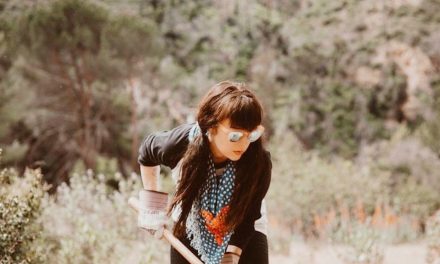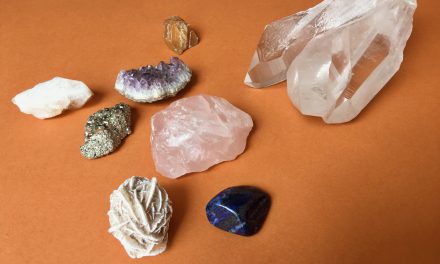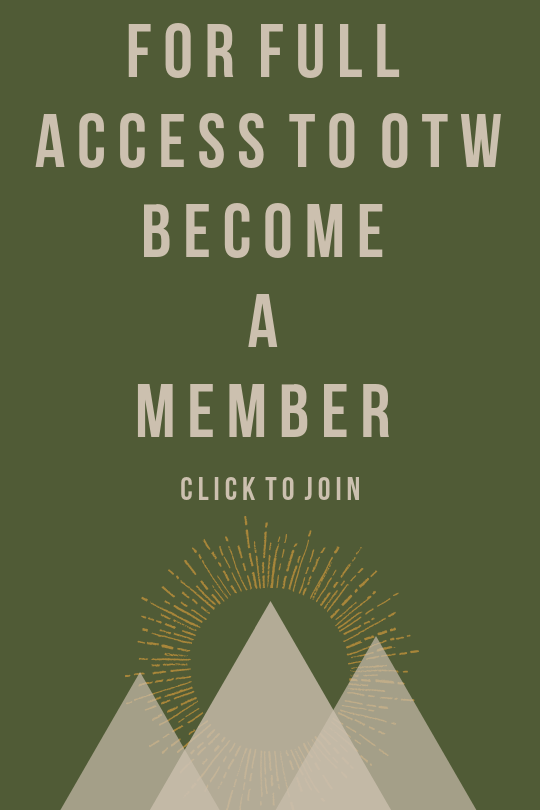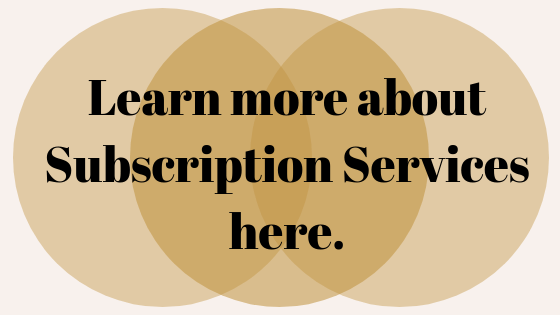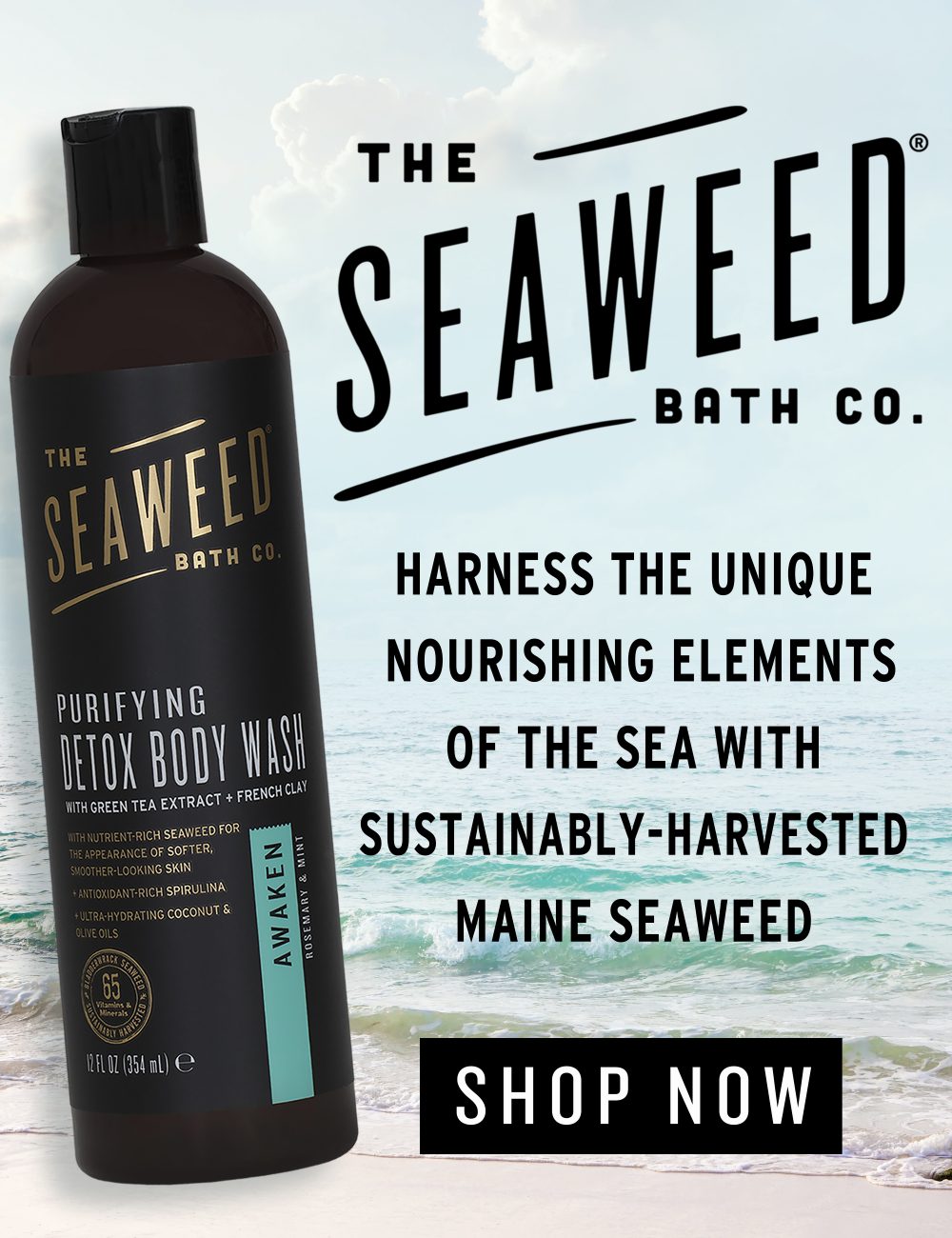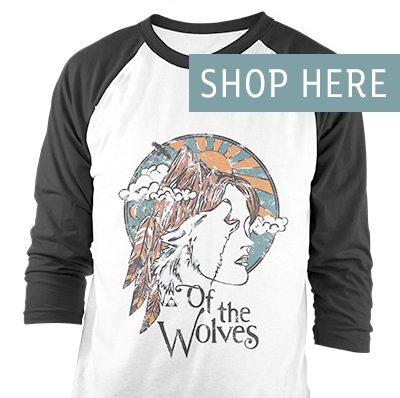Societal Forces on Our Health: Meet KCRW’s ‘Bodies’ Podcast Creator Alison Behringer
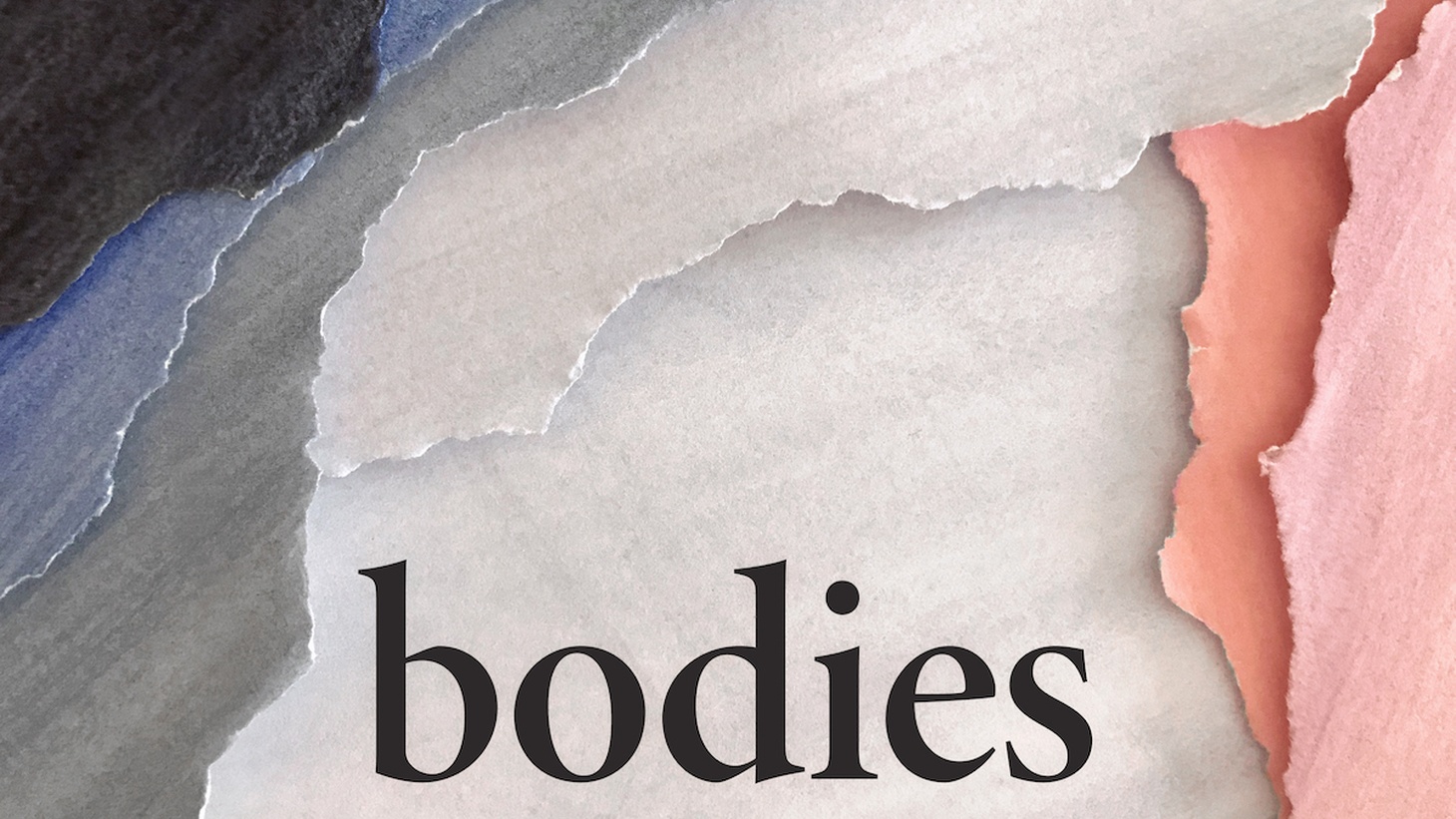
“I think that racism in America is definitely a third layer of this really insidious trifecta. To answer your question, I think I’m really interested in continuing to hear from women, hear their stories, and continue to peel back those layers and expose what’s at play. I think when you’re operating in isolation during a health crisis – you feel isolated, you haven’t told people because you’re embarrassed or ashamed – you feel like it’s your fault.”
Following is an in-depth conversation we had this past year with the creator and host of the podcast Bodies, New York-based storyteller Allison Behringer. Bodies was one of our favorite podcasts of 2018, debuting on iTunes and KCRW, an NPR affiliate. It is this thoughtful and incisive soup of true accounts of astonishingly perplexing physical and mental maladies. Each person winds us through sometimes years of puzzling through symptoms that have taken over their lives, all in one episode. We experience the despair and perseverance of these women as they advocate for a quality of existence they know they deserve, which results in a form of recognition or diagnosis by some sort of medical institution. Whether or not you have ever suffered through a chronic illness or short-term, baffling symptoms, this podcast strikes important chords of humanity.
Take it away, Allison!
Tell us a little bit about yourself and perhaps some of the ways that your story led to the creation of Bodies.
I grew up in Maryland and studied sociology in college. At the time, it was kind of a decision about being interested in everything and wanting freedom in what I chose to do in life. I had some really formative experiences abroad during college. I went to India and worked at a girl’s home, and then I taught in South Africa and did some menstrual health work and some women’s studies. Then, after graduation, I lived abroad in Thailand for a year teaching, came back to the States, and then also did some more work with menstrual health in India. It’s interesting, because I think as a young person we often feel like we are doing all these different things that don’t connect. That’s how I felt. I’m interested in women’s health and stories and then teaching and documentary and journalism, and it just felt like really different, disparate paths. Then I pursued a short certificate program in documentary studies in Portland, Maine and moved to New York. I was like, Ok, I want to do journalism, but audio wasn’t really on my radar. I wasn’t thinking about doing podcasting or radio necessarily.
Then I really lucked into this podcast position at a tech startup. They ultimately wanted to hire someone who could basically document the experience of living in New York for the first time, working at a tech startup. They hired me and said, ‘Ok, go make a podcast’. I had no idea how to do that but basically just had this opportunity to learn as I went along. It helped introduce me to this idea of myself as a character, which I had previously been very uncomfortable with. Fast forward another year to my job at this tech company called Betaworks where I made another podcast called ‘The Intern’.
Right around the time, I got this idea for maybe an episode, maybe a written story, about an experience I had two years prior with painful sex. I tell the whole story in the first episode of Bodies. So, I encourage people check it out there, but the beginning part of the story is that I was in this relationship. Things are going great, and then all the sudden sex became painful and I couldn’t figure out what the cause was. If you listen to the first episode you hear what happened and what the cause was. I was sitting on this story, and I wanted to turn this personal experience into a thing that I put out into the world. As I started talking to my friends or strangers in bars, I started getting feedback from people telling me their own, similar stories. I started to realize, ‘oh, this isn’t just, like, a one-off experience of my own. This is actually part of a much bigger, more broad collective experience of being a woman, having something go wrong with your body and not being able to figure out what’s going on’. Through that journey – kind of coming face-to-face with all the realities with a patriarchal medical system of sexism and health research – all these things became really apparent about my own journey. So, that was kind of the kernel of the idea for what was to become Bodies.
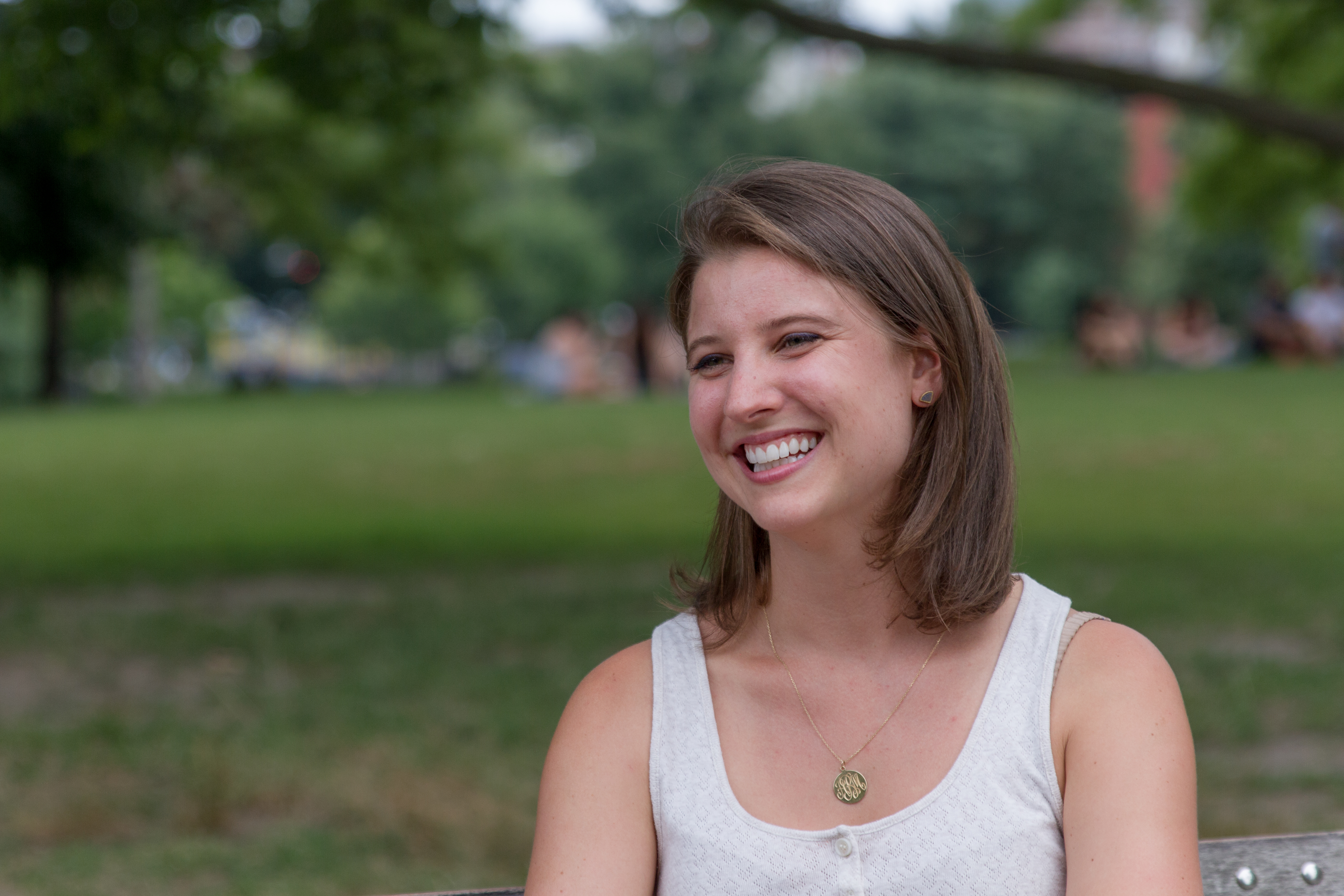
It very much sounds like as you began sharing your story you started experiencing these ‘me too’ moments of ‘I’ve suffered, too’. What was it like to hear yourself finally tell that story in a very exposed way in the actual first episode of Bodies?
Bodies published July 2018, but I actually made that episode in July of 2017 as a part of KCRW, an L.A.-based public radio station (with international reach and one of our favorite stations), who financially supported Bodies. I actually made the first episode kind of as a pilot episode with them as a test run. On the one hand, in daily life, I had been really accustomed to talking to strangers, telling them I was working on Bodies and what it was. They’d ask, ‘How did you get the idea?’ And I’d say, ‘Alright, here’s my painful sex story’. I think the other thing that was really interesting was that in the three months of heavy production on that episode it was a very positive, therapeutic process and experience. So, by the time it came out it wasn’t as emotional or raw. That being said, I was still super scared when it first came out. I think overall that with the feedback I got it made it completely worth it.
I can imagine. It’s been a little while, but I think I listened to that episode pretty close to when it debuted. I do remember I loved the inclusion of your mom – that dialogue you have with her. That just seemed really powerful for so many of us who have a hard time talking about sex with our families.
Yeah, I think that in the case of my story, I realized you can’t really talk about painful sex without also talking about this question of pleasure. Maybe, with a few exceptions, most of us as young people, as young women especially, are not conditioned to or taught to put our own pleasure first. So, the episode concludes with a conversation between me and my mom. What was funny about that was initially I had interviewed her as more of a minor character – to get some background from her of what she remembered of me growing up. Then what it grew into was this really beautiful, reflective moment of the relationship between mothers and daughters, and the oppressive shame and secrecy that is tied up in our bodies that is ultimately really really harmful for our health.
And in many of these episodes, this goes far past, you know, sex and pleasure. You get into true health mysteries, to some degree – real syndromes and diagnoses that are hard to come by for women in particular. I’m curious, do you think a lot of women’s health issues are this mysterious, or have you begun to believe there are just common and underlying larger reasons why we can’t figure this out sooner?
Yeah, I think that’s a good question. I think that the human body is so complicated. Sometimes we forget this. Even for someone who is a trained doctor who has spent a decade learning about the human body. There is no way you could learn everything. I think that’s something that comes out in each Bodies episode. Our bodies are affected by our genetics, by the way we’re brought up, by our relationships, by our environment. All these things intersect. So, your question was ‘Is it as mysterious as it seems?’ I think that yeah, it’s even more mysterious than it seems. But I think that in some ways it doesn’t need to be that complicated. In each episode, each character kind of asks these questions; ‘First, what’s wrong with me? Second, why didn’t I know? Why didn’t anyone tell me? Why can’t I figure this out?’ When you really peel back all the layers and you boil it down, it comes down to the patriarchy and capitalism. So often we see the ways Big Pharma is just out to make profit – not really in the best interest of people’s health. In so many cases we see how sexist research agendas or sexist doctors control funding. We see how that really affects these ‘mysteries’ as well. I think there are two sides to that. The body is more complex and mysterious than we could ever imagine, and there’s really simple and consistent things that are quite common. I should check, but I think it’s about one in 10 women have endometriosis and on average it takes 10 years to get a diagnosis. It should not be that mysterious. We need better diagnostics, better interventions.
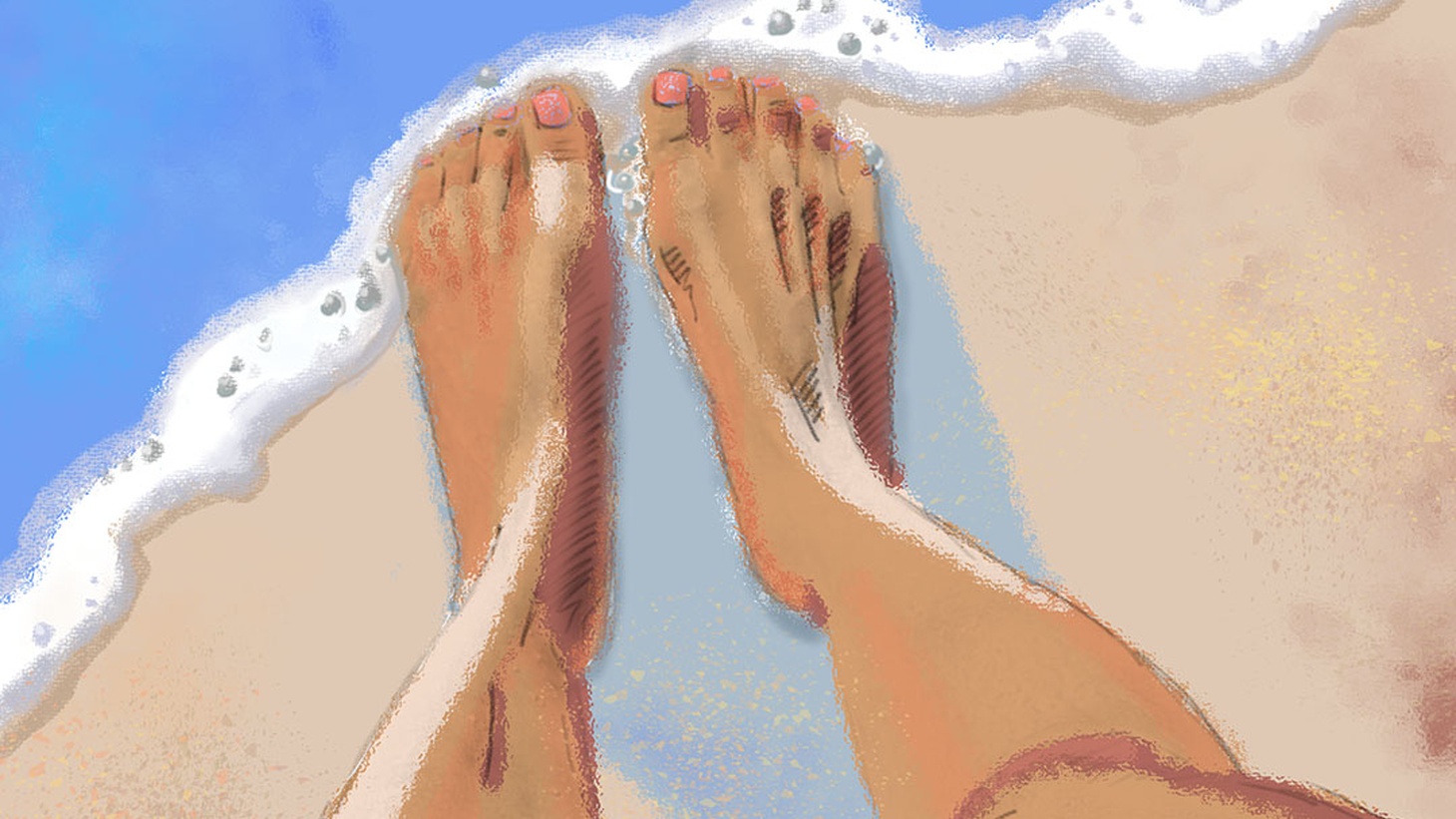
Absolutely. I actually have endometriosis and just had surgery for it. But it took complete research on my own and piecing together all of the symptoms that I had for years. I’m curious, you say that it’s patriarchy and capitalism that are really framing some of the problems around diagnostics and what not. As you wrap up this first season, where does that lead you with that conclusion; where do you go from there? What kind of questions do you ask now?Yes.
I would also add (and this one is related to the two, but I think it deserves its own category) racism. I think that racism in America is definitely a third layer of this really insidious trifecta. To answer your question, I think I’m really interested in continuing to hear from women, hear their stories, and continue to peel back those layers and expose what’s at play. I think when you’re operating in isolation during a health crisis – you feel isolated, you haven’t told people because you’re embarrassed or ashamed – you feel like it’s your fault. In your case, I have to imagine you thought ‘What is wrong with me? Why am I not like other people? It’s my problem’. My hope for Bodies is that we can continue to do two things: one is peel back all these many layers that affect our bodies and think about positive change. How can we change some of those bigger societal forces? There are incredible people working against all those forces right now. Second, I think that one of the most beautiful results from Bodies has been the community. I think the Facebook group has been a wonderful example of this. For people who aren’t a part of the group yet, you should join. It’s basically turned into people asking questions, sharing resources, and getting support. Someone will write in, ‘I live in Utah and I’m having this issue. I think it might be endometriosis’. Within hours, there are 30 different comments with recommendations, support, and resources. I think it’s really incredible. What all that does is make people feel less alone. I think that storytelling and collective understanding is actually a really powerful force against those really horrible societal forces that are keeping us down.
Absolutely! I haven’t checked out the Facebook group, and I can’t wait to. You’re right, it’s these communities that crop up around things like a podcast or an existing piece of work and then allow it to live on and breathe and morph and become even deeper and more useful. It’s incredible the resources that we can provide each other in forums. I’m just going to throw it out as a statement and see what your reaction is, but it must seem quite radical to quite a few people to think that what’s wrong with our current medical system is patriarchy, capitalism, and racism. That seems like an out-there notion probably to a lot of people.
Yes, I agree. The second episode is about a woman who is African-American. It’s her story of fibroids, and fibroids have more severe symptoms and affect black women at three times the rate as white women. A lot of women have fibroids, but they might not be severe or might not even notice them. We talked to a couple different doctors about why, and there is not one definitive answer. The answer is probably a combination of a lot of things. What seems to certainly be true is that the experience of going through your whole life experiencing racism in big ways and small ways has a really negative effect on your health. That seems to be true to me. We explore that through the personal experience of this woman. I had someone in my family send me a message afterwards and say, ‘So, I get it, but why did you include all this stuff about being African American?’ I was like, ‘’Did you not listen to the episode?’
Your family member sounds like a prime example of the majority – people who finds these notions of patriarchy, capitalism, and racism impacting something as personal and important as health far fetched.
Yeah, I’m not really sure what to say to that, but I think that if people hear enough of these stories that will slowly change the equation. As storytellers, that’s our hope. That’s our most idealistic belief – that sharing a story or hearing a personal story can shift (in small or large ways) someone’s thinking. It’s mostly women who reach out to me to give feedback. I have had a few men correspond, and those have been interesting notes to read. Like one: ‘I was in a relationship just like you were in in the first episode. I was totally that jerk guy, and I will enter relationships differently.’
What was that like to receive that particular message?
I think I have always had women and non-binary identifying people in mind with the creation of Bodies. it’s not created for men, yet I have always hoped that men will listen. I never say, ‘This is a podcast about women’s bodies’. In the opening credits I say ‘You’re listening to Bodies; a show about people solving mysteries about their bodies’. I think so many of the themes are universal. It’s incredible to hear any kind of positive feedback of people connecting with it. It’s a unique feeling to hear a man say they never thought about this before. With women it’s more like, ‘I deal with this all the time, thank you for naming or vocalizing this experience’.
How did you locate the women that you ended up featuring and their stories?
It totally varied. There are six episodes. One was through a friend; one was through a whole chain of three different people that I chased. Then eventually another was a patient of a doctor we had been in touch with. Another episode was pitched to us. Another we found on Twitter. There has been a whole array of different approaches, and there’s been a bunch of strategies that haven’t paid off. For instance, I went around Brooklyn, pinning up signs in cafes. Nothing came of that!
That’s interesting that nothing came of that. I would imagine even just a funny story perhaps! You have found such an interesting variation of stories and also storytellers. The way they tell their stories are all so different.
That’s really great to hear. I’m glad that stood out to you. For example, episode four with Jeromie, an artist. She had thought about everything so much and is so eloquent and poetic in her thinking. Then that’s followed up by an episode about this woman Vivian. She’s a former doctor and she is so matter-of-fact. But there is something very beautiful about the sparseness of her language. I think you get to see some different peoples’ personalities come through.
Absolutely, I do. It makes me think of (I can’t remember the name of) the person who was working as a stripper who was struggling cognitively for so long. What was her name?
Reese.
Yes, Reese. I remember listening to that one a couple months ago and thinking this is such a different tale, but it was just another detour, another interesting way to tell a really challenging health story. It also felt like this big sigh at the end, like some resolution.
She actually got an autism diagnosis a few months ago.
That’s incredible. I can only imagine living in the dark about what’s going on like that. I think one thing that you do beautifully in Bodies is piece together years of these women’s lives in a relatively short episode. As a listener, I have that natural question of ‘why didn’t someone figure it out sooner?’ and also an immediate sense of, ‘because it’s never that simple’.
Yes, and it’s interesting too, because Kalilia, the other woman who had this decades-long fibroids thing – just a few years ago, I had been in her shoes. I had this persistent thing wrong with me, and I probably should have gone to the doctor right away. I figured out now that when you’re going through something you also have life to contend with. There’s all these other things. So, I found myself sometimes in my head being like ‘Kalilia, why didn’t you just go to the doctor and demand they test you?’ But it’s like I said; a few months before I had been in that position of just feeling powerlessness and hopeless…trying to figure it out a little bit but also being so frustrated. I think that anyone who has had any kind of illness or chronic thing or short term chronic thing can relate to that. That struggle – wanting to figure this thing out but also having a life to live.
Absolutely. And then whatever has already come before on that journey can really impact whether we’re going to keep asking questions or not. I’m also incredibly curious, will there be more episodes?
I am in talks for season two. So, nothing definitive, but I feel really personally committed to making more episodes happen kind of no matter what. Nothing for sure yet, but I’m already brainstorming and excited about doing more.
I’m excited that you will be creating more. I want to thank you for the conversation and also your contributions to these huge dialogues around women health.
Well, thank you! You asked me some questions that I hadn’t gotten before. It’s funny being on the other end of an interview, so, thank you.

